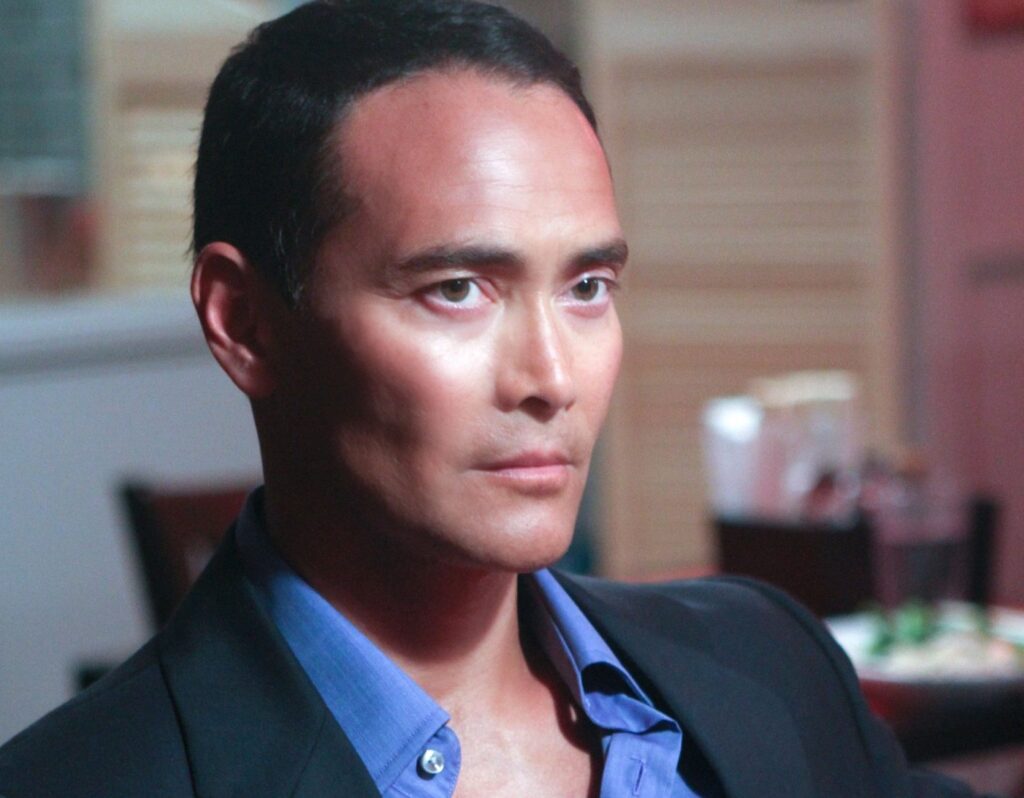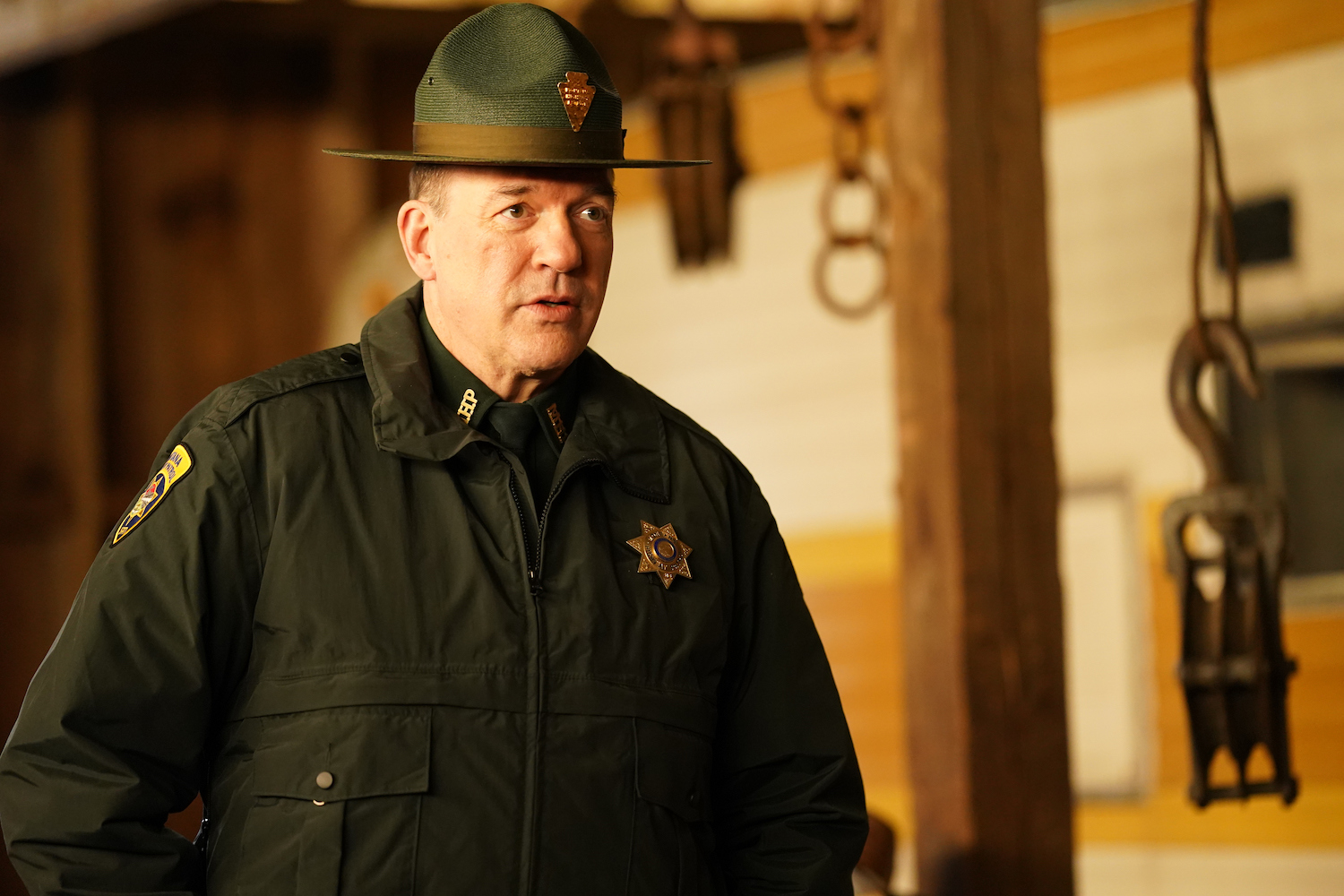
Today, we look at why doing the unexpected in the world of serialized fiction is often not a good thing.
This is the Cronin Theory of Pop Culture, a collection of stuff I’ve noticed over the years that I think hold pretty true.
On the long-running reboot of the original (also long-running) cop drama, Hawaii Five-O, Alex O’Loughlin’s head of Five-O, Steve McGarrett, was constantly battling with Mark Dacascos’ criminal mastermind, Wo Fat, just like the original Hawaii Five-O series. However, in the 150th episode of the series, which occurred midway through the show’s fifth season, Wo Fat was killed off for good.
Then-showrunner of the series, Peter Lenkov, explained why he surprisingly killed Wo Fat off:
It’s funny. When I wrote the outline [for the episode], he wasn’t dead in the outline. And when I started writing the script, it really felt like a natural end to the episode. I had always envisioned following the pattern of the original show, with the last show that we ever do being the capture of Wo Fat. But I felt, when I was writing it, that that felt a little predictable for people who watch the show and know the original one. They’re going to be expecting that. And I felt like if I was going to surprise the audience at any point, this would be it. When I started writing it, at the end it just felt like such closure to the story. I think the audience responded the way I was hoping they would, which was [being] surprised. Obviously they’ll miss Mark and Wo Fat, but that’s a tribute to Mark’s great acting. And we go on from here.
That’s a very natural way for a writer to look at things like this.
However, when you’re working in serialized fiction, it’s also often not a good idea.
In the case of Hawaii Five-O, the show ran another FIVE seasons. And guess what? They not only were never able to replace Wo Fat as a villain, their attempts were laughable at best, to the point where the final villain in the series finale was….Wo Fat’s widow. Yes, Wo Fat’s widow was their final big bad, that’s how much they were scraping the barrel to come up with someone to replace Wo Fat in their series.
Now, if you’re doing a limited series, sure, expect the unexpected, it’s all good. Mare of Easttown, for instance, had a major death that was fine because it was a limited series. Had Mare of Easttown been an ongoing series, that same death would probably have been ill-advised.
A similar situation is going on right now on the TV series, Big Sky. The show famously killed off its ostensible lead character in the first episode (movie star Ryan Phillipe), but that’s fine, that was the setup for the series, that his widow would team up with his private investigator partner (and lover) to solve his murder and then go off and continue to fight crime.
However, the guy who killed him at the end of the first episode, the crooked state trooper, Rick Legarski, played so well by John Carroll Lynch, was then surprisingly killed off himself (after first surviving a gunshot wound to the head). Legarski was a major part of the series, but the show obviously felt that it was worth it to kill him off.

And now we’re in Season 2 of the show, and Legarski’s brother, also played by John Carroll Lynch, is back for revenge. That’s pretty much a major sign that you messed up by killing off the guy when you’re resorting to bringing back the original actor as the twin of the dead guy.
In serialized fiction, be careful with any shocking moves done for solely for the sake of shocking people, you’ll find that you’ll often be cutting your own legs off with the move.










There was a story I read about Warren Murphy and Richard Sapir’s The Destroyer series. In the 5th book Dr Quake, I think I was Sapir, killed of the co-lead Chuin. Murphy asked what he was doing and Sapir said it was a great scene. Murphy said that they couldn’t kill Chuin as he was their bread and butter and rewrote the scene. 150 books later it looks like Murphy was right.
Yeah, that’s spot on, Brad. Great scenes are great, but they’re rarely going to be so great that it is worth hurting the overall series for them.